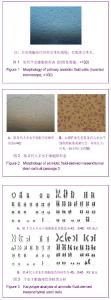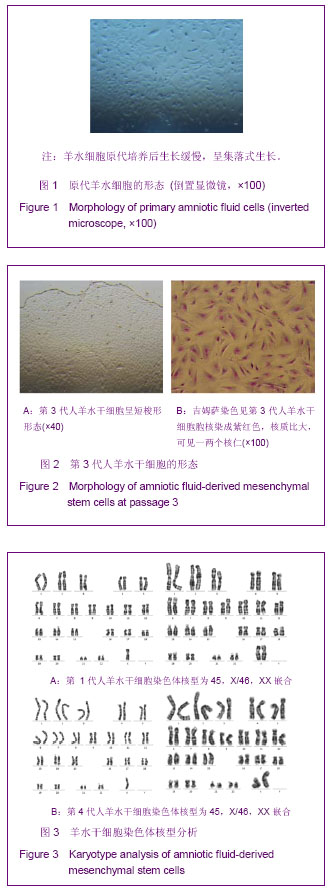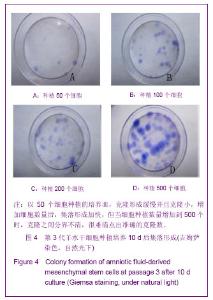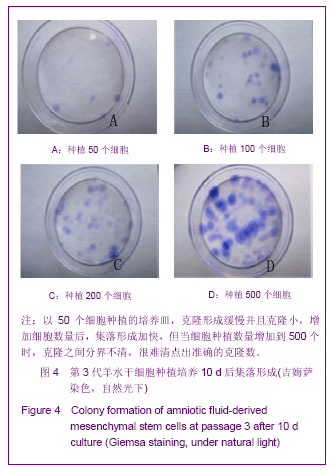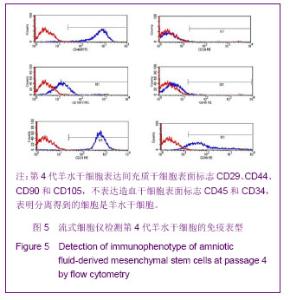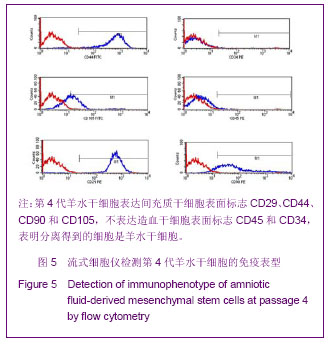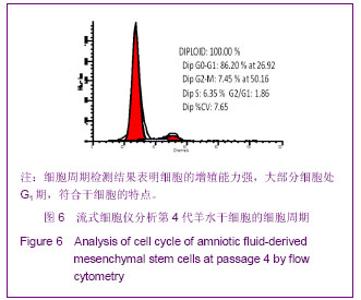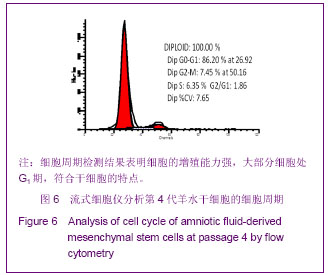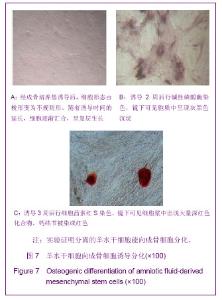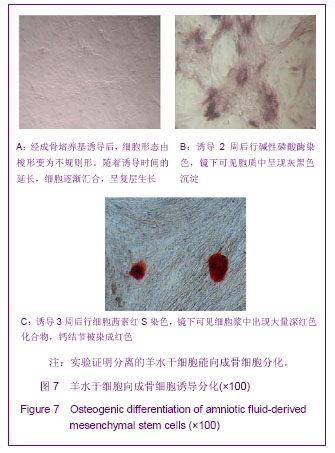| [1] Turner HH. A syndrome of infantilism, congenital webbed neck, and cubitus valgus. Endocrinology. 1938;23:566-574.[2] Ford CE, Jones KW, Polani PE,et al. A sex-chromosome anomaly in a case of gonadal dysgenesis (Turner's syndrome). Lancet. 1959;1(7075):711-713.[3] Elsheikh M, Dunger DB, Conway GS,et al.Turner's syndrome in adulthood.Endocr Rev. 2002;23(1):120-140.[4] Saenger P.Turner's syndrome. N Engl J Med. 1996;335(23): 1749-1754.[5] Urbach A, Benvenisty N.Studying early lethality of 45,XO (Turner's syndrome) embryos using human embryonic stem cells. PLoS One. 2009;4(1):e4175.[6] Prusa AR, Marton E, Rosner M,et al. Oct-4-expressing cells in human amniotic fluid: a new source for stem cell research. Hum Reprod. 2003;18(7):1489-1493.[7] Prusa AR, Marton E, Rosner M,et al. Neurogenic cells in human amniotic fluid. Am J Obstet Gynecol. 2004;191(1): 309-314.[8] In 't Anker PS, Scherjon SA, Kleijburg-van der Keur C,et al.Amniotic fluid as a novel source of mesenchymal stem cells for therapeutic transplantation.Blood. 2003;102(4):1548- 1549.[9] In 't Anker PS, Scherjon SA, Kleijburg-van der Keur C,et al. Isolation of mesenchymal stem cells of fetal or maternal origin from human placenta.Stem Cells. 2004;22(7):1338-1345.[10] Tsai MS, Lee JL, Chang YJ,et al.Isolation of human multipotent mesenchymal stem cells from second-trimester amniotic fluid using a novel two-stage culture protocol.Hum Reprod. 2004;19(6):1450-1456. [11] Rao E, Weiss B, Fukami M,et al. Pseudoautosomal deletions encompassing a novel homeobox gene cause growth failure in idiopathic short stature and Turner syndrome. Nat Genet. 1997;16(1):54-63.[12] Oliveira CS, Alves C.The role of the SHOX gene in the pathophysiology of Turner syndrome.Endocrinol Nutr. 2011; 58(8):433-442.[13] Clement-Jones M, Schiller S, Rao E,et al. The short stature homeobox gene SHOX is involved in skeletal abnormalities in Turner syndrome.Hum Mol Genet. 2000;9(5):695-702.[14] Priest RE, Marimuthu KM, Priest JH.Origin of cells in human amniotic fluid cultures: ultrastructural features.Lab Invest. 1978;39(2):106-109.[15] Tydén O, Bergström S, Nilsson BA.Origin of amniotic fluid cells in mid-trimester pregnancies. Br J Obstet Gynaecol. 1981;88(3):278-286.[16] Guan T,Chen XL,Wei YJ,et al. Sichuan Daxue Xuebao: Yixueban. 2012;43(1):15-18.关婷,陈新莲,魏杨君,等. 人羊水干细胞分离方法及其生物学特性研究[J].四川大学学报:医学版, 2012,43(1):15-18. |
